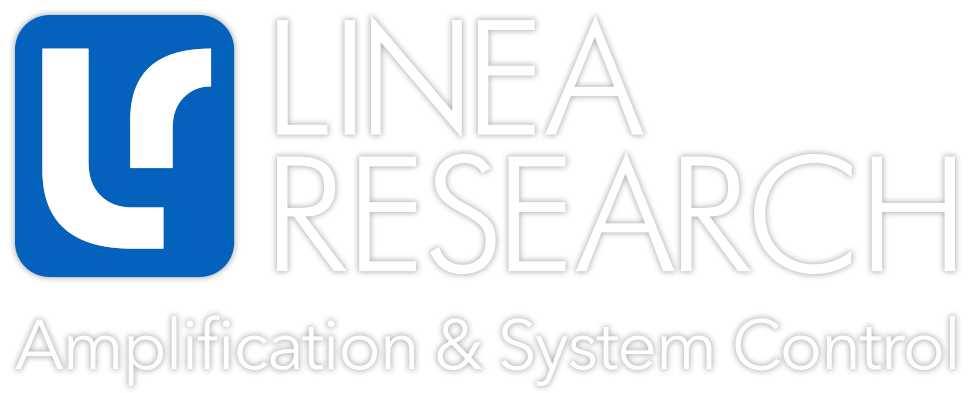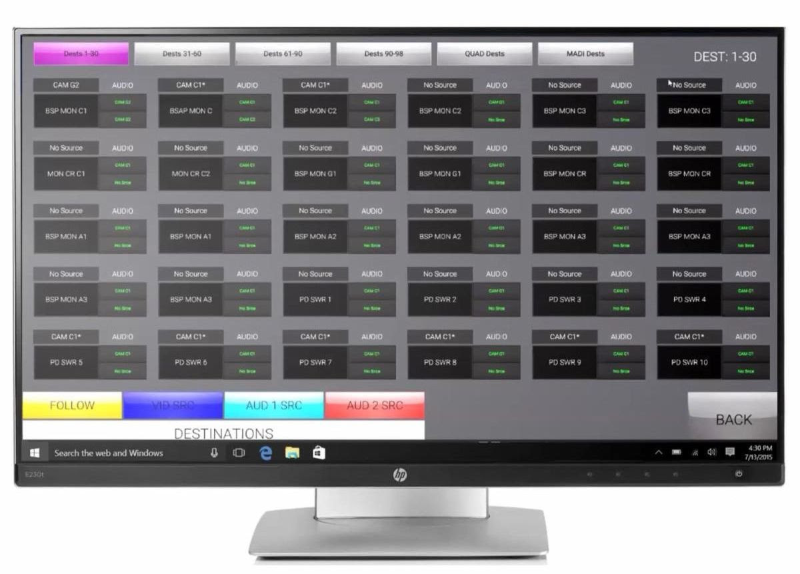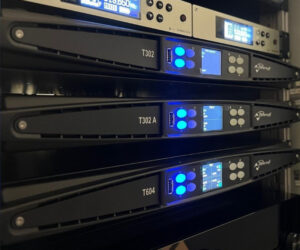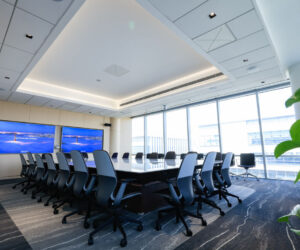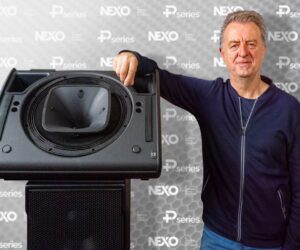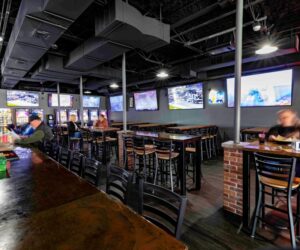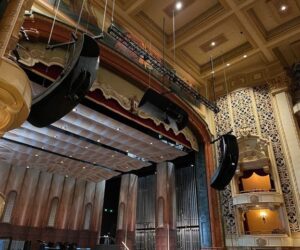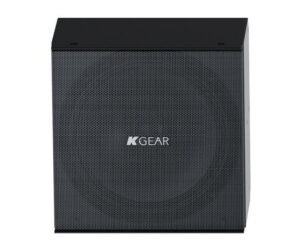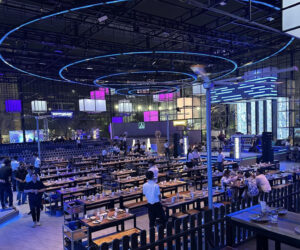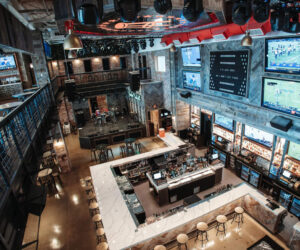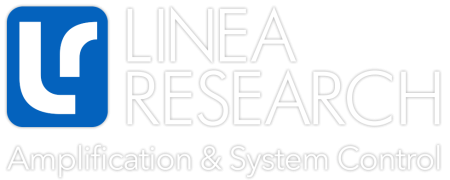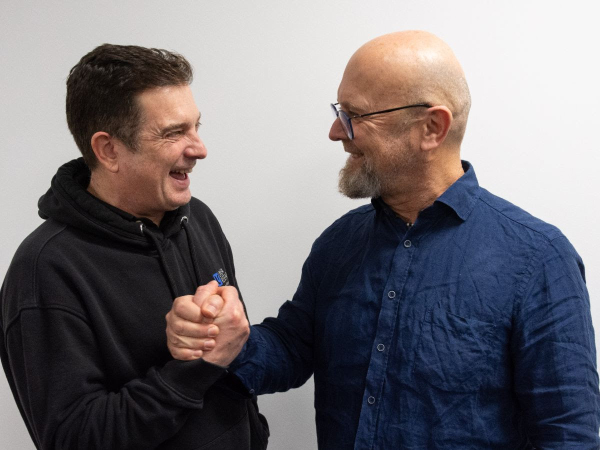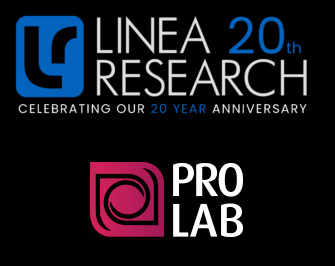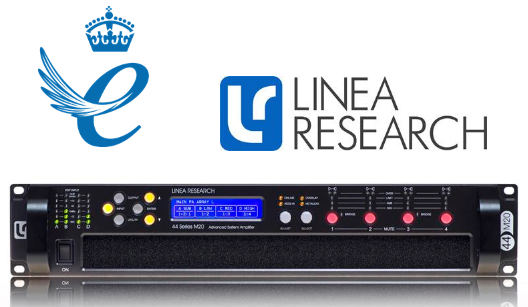For a recent upgrade at the Power Station recording studio on the campus of BerkleeNYC in New York City, technology company Diversified utilized TSL Products to provide an IP routing interface that marries a GTP-V1 virtual control processor and the company’s Virtual Panels.
Clem Phillips, senior project engineer for Diversified, came up with an IP network design that utilizes COTS hardware and approached DNF Controls (now part of TSL Products) to create a specialized control software and flexible matrix environment that allows any of BerkleeNYC’s four recording studios to operate separately or share audio and video resources on larger projects. The new IP network supports three floors of audio studios with nearly two dozen 4K-ready PTZ cameras as well a basement live-performance space.
Phillips explains that the key element to the entire network is a software control layer provided by the what TSL calls “IP-Cross Connect,” which is designed to ensure that all the individual pieces of audio and video gear can easily be found, launched and managed across the network. “TSL helped us put together a custom control layer for the entire facility to control the SFPs using an NMOS ISO4 registry hosted within the virtualised servers alongside the GTP-V1 control processor,” he notes. “When TSL acquired DNF in April 2019, it meant that we could apply TSL’s proven Virtual Panel software to the system to provide critical operation of the network. TSL created this particular Virtual Panel specifically for the facility, and because TSL and DNF are now one company, we knew the technology would work seamlessly together—and it has been proving us right.”
The work of integrating the NMOS registry builds on TSL’s involvement with the AMWA IP showcase at IBC 2019 and at Broadcast Asia in 2018, where TSL demonstrated its Virtual Panels working with the DNF GTP-30 controlling Embrionix SFPs.
As the transition to IP gains pace, and the industry looks beyond tier one and greenfield site IP projects, it is important that customers have the options to choose open, cost-effective approaches. “It’s easy to be swept up in the ‘top tier’ view of virtualisation, IP and remote production and overlook the everyday practicalities and how virtualised solutions could easily be added and integrated within existing media workflows,” says Mark Davies, Director of Product and Technology at TSL. “In the grand scheme of upgrading, rebuilding and expanding complex network facilities, the ‘glue’ devices that help disparate subsystems communicate and maintain a seamless workflow can be easily overlooked. In an ideal world, interoperability between various manufacturers’ equipment would be a given; in the real world, however, that’s rarely the case for several reasons.”
Keeping-up with the myriad of new product protocols, patches and upgrades is both time- and manpower-consuming; and, of course, proprietary systems help to justify a single-source configuration. “With TSL’s solution, we can share resources between any of the studios with a simple button push,” Philips concludes. “Any of the studios can be used at any time and they can be combined for larger projects, and any of the control rooms can be used to capture video. With TSL’s software, the possibilities for Power Station are endless.”

